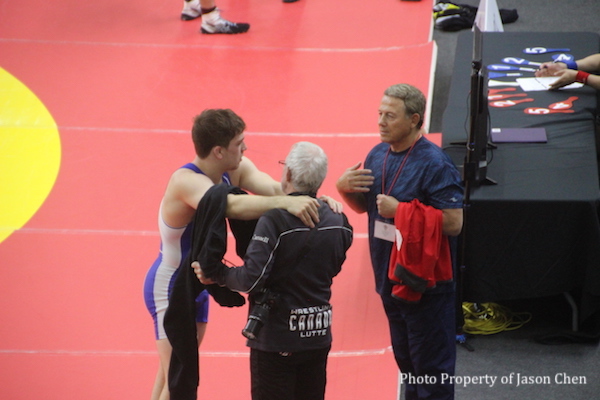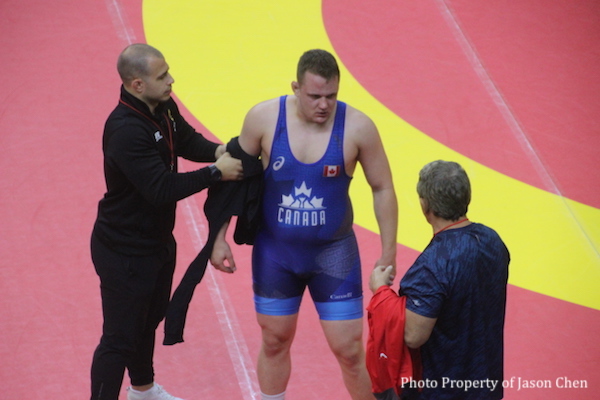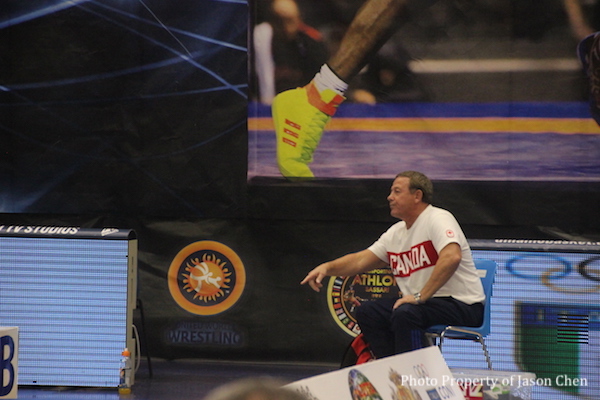Tuesday August 28th 2018
Months ago I was accepted to the Advanced Diploma of Coaching, the highest certification that can be obtained in the Canadian coaching system. I spoke about the support that didn’t receive from my employers and how difficult it is to make a living from coaching in this country. I’m not here to rehash this topic but instead focus on a different conversation that I had at that time.
I was discussing the difficulty of having to do all the courses in the restricted environment that I was given and that based on the amount of experience that I have in the sport as well as the environment that I learned my coaching from, I should be allowed to maybe bypass certain steps. The discussion was with an old mentor of mine, a Physical Education Teacher at Vanier College and a former soccer coach. He always stated that there was an argument made for experience versus certification and that there had to be a balance to accomodate both. In the current system, certification is key as it all depends on what you have in your coaching portfolio. Your experience is used as a tool to apply to more advanced levels of coaching but it essentially ends there.

A level of expertise that’s hard to top as Alex Moore receives some coaching from Rob Moore and Victor Zilberman (both of whom have their NCCP Level 5)
The argument for experience over certification is a strong one as there are a lot of coaches that have had many years “in the trenches”, developing athletes honing their coaching skills over time. These coaches deserve a lot of credit for all the work they do because it can be hard and thankless. Theses coaches have focused on their coaching rather than upgrading their certification but still bring a wealth of knowledge to the table. In a way, these coaches are like infantry in an army. They’re the backbone of the athlete development system and much like soldiers in the field, probably have had to learn to be creative with fewer resources. Some of these coaches have been around for many years and their experience shoud not be overlooked.
Likewise, there are some coaches who may be very ambitious and as a result, have gone through all their certification in record time. They may have spent much less time “in the trenches” but are nevertheless up-to-date with all the latest coaching theories. Their efforts should also not be overlooked as obtaining that certification requires many years, requiring a sacrifice in time and finances. These coaches are like the mid-level officers in the army, marshalling athletes and other coaches and their knowledge is critical in the development of high-performance athletes. Yet sometimes the lack of time in the lower levels can sometimes hinder these coaches when dealing with certain athletes and looking at just their certification can be also be a fallacy.

Coaches are an important part of sports in our country
So there are arguments for both sides of this coin. Which should take precedence? In my oppinion, while both need to be taken into account, I believe that certification should hold more weight. While it may seem as I was in opposition to all the bureaucracy attached to upgrading my certification, I’ve had some time to think about it. Certification is very important and it shows the individual’s dedication to their craft. Just like we value doctors for their years and levels of education, why should coaches not be held to the same standard? I’ve long argued of the importance of sports in the lives of young people and as a teacher and a coach, I also believe that young people are investments in our futures. Therefore, unlike the direction that our public education system seems to be heading, I think that we should encourage coaches to seek better cerfication to better serve our student-athletes, so that they can be the best they can possibly be. The ability to balance sports and school is a valuable life lesson that cannot be replaced and will serve them in many ways in the future. Some would argue that the emphasis on certification and the difficulty to obtain it might discourage some people from seeking their higher levels of coaching, but I believe that enough incentive is given, then people will fall in line. At this point, there isn’t enough incentive.

Coaches with both time in the trenches and high level certification are ideal
I know that there will be some people that will disagree with me but I think that this would eliminate a lot of headaches and hold our coaches to a higher standard. In the end, we want what’s best for our athletes and having the most qualified and certified coaches is probably the best way to insure that this happens.

